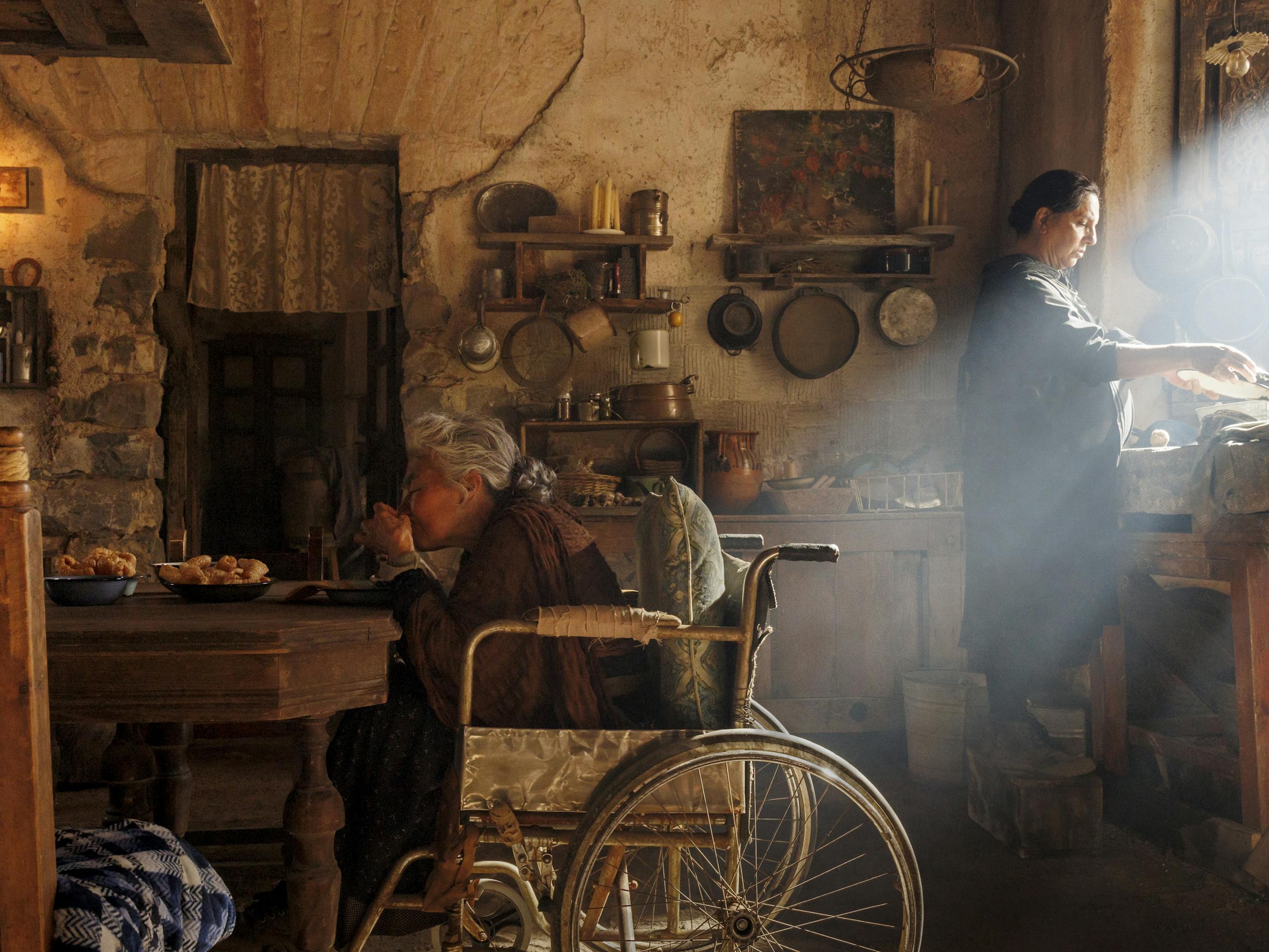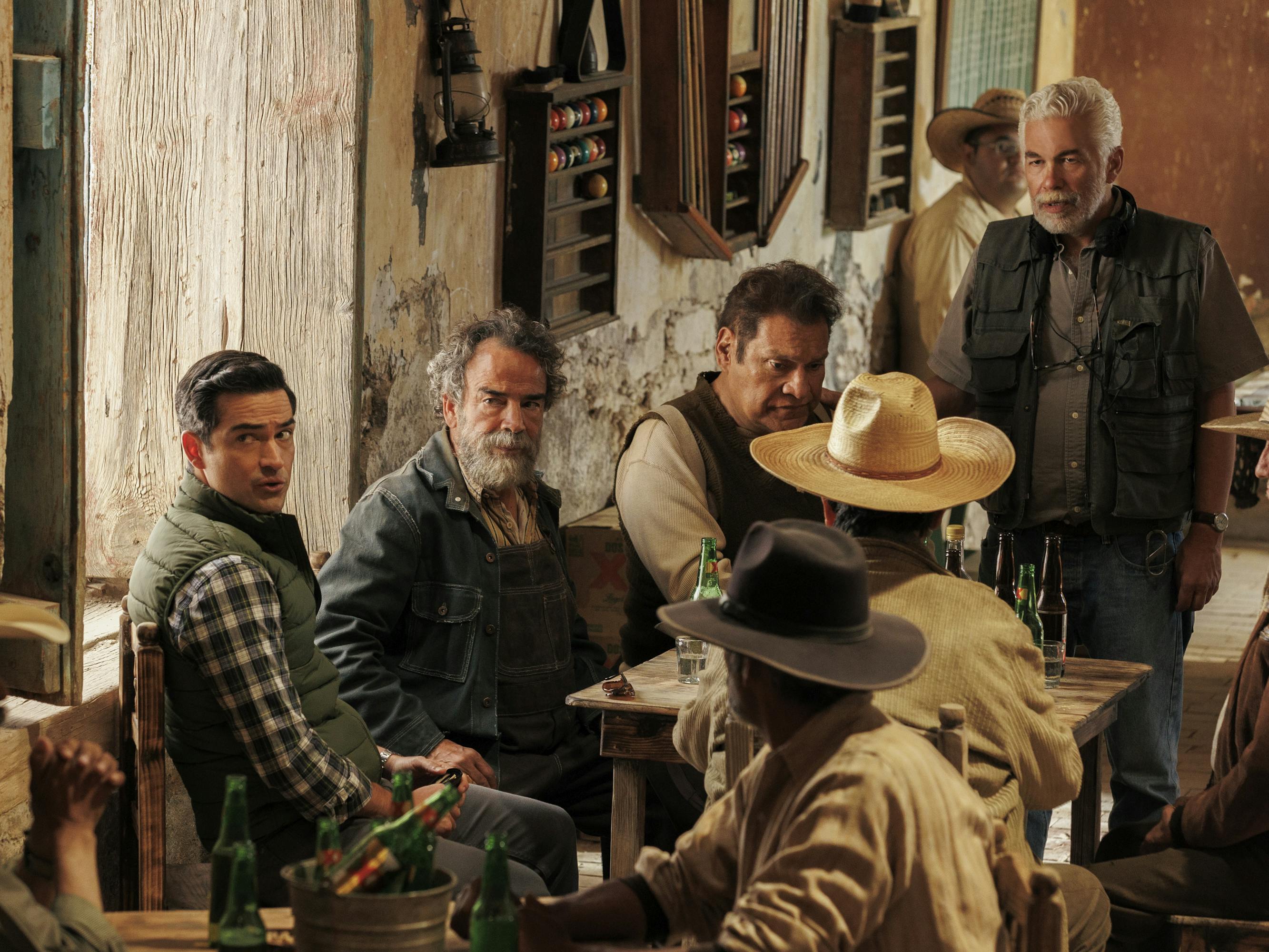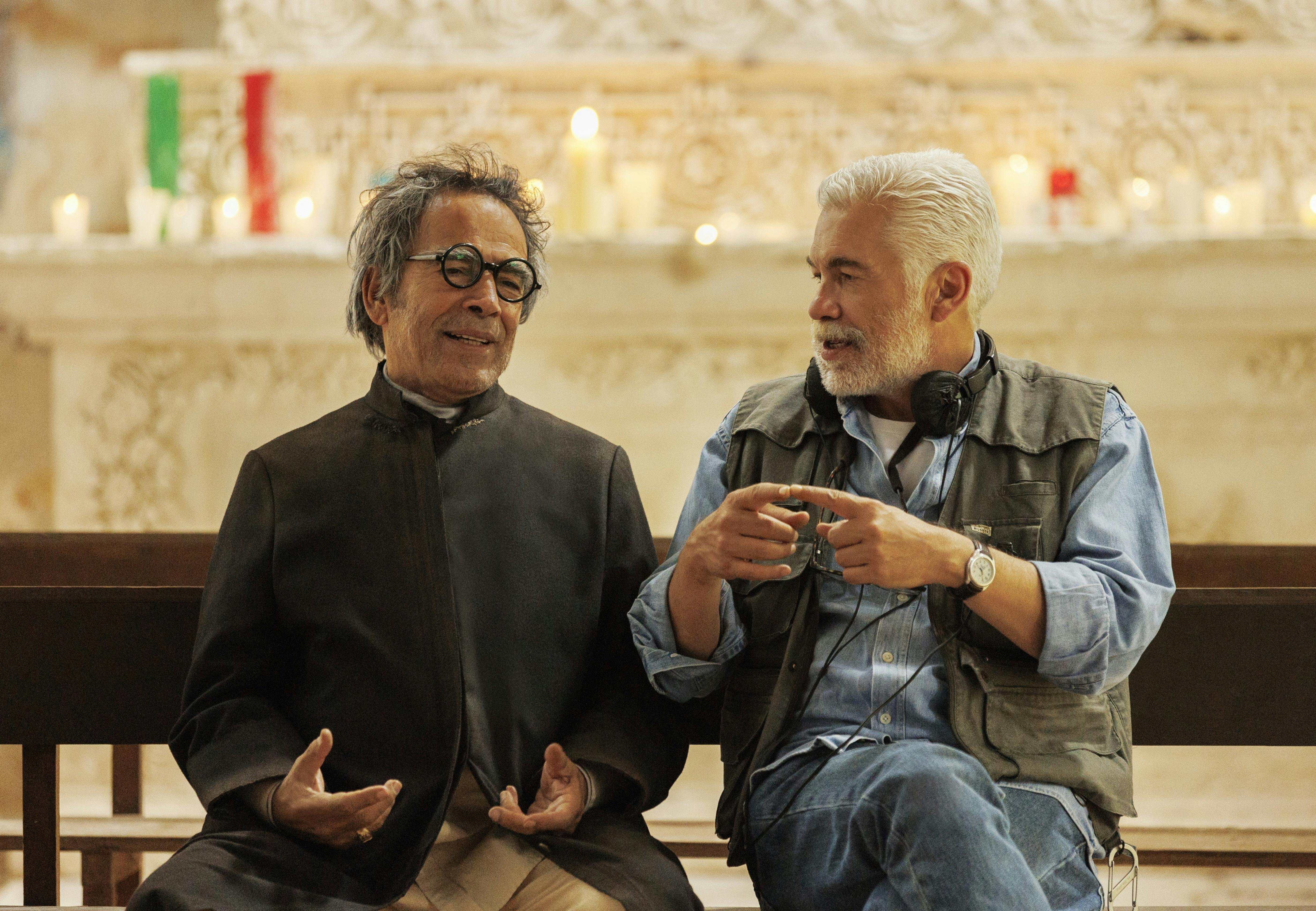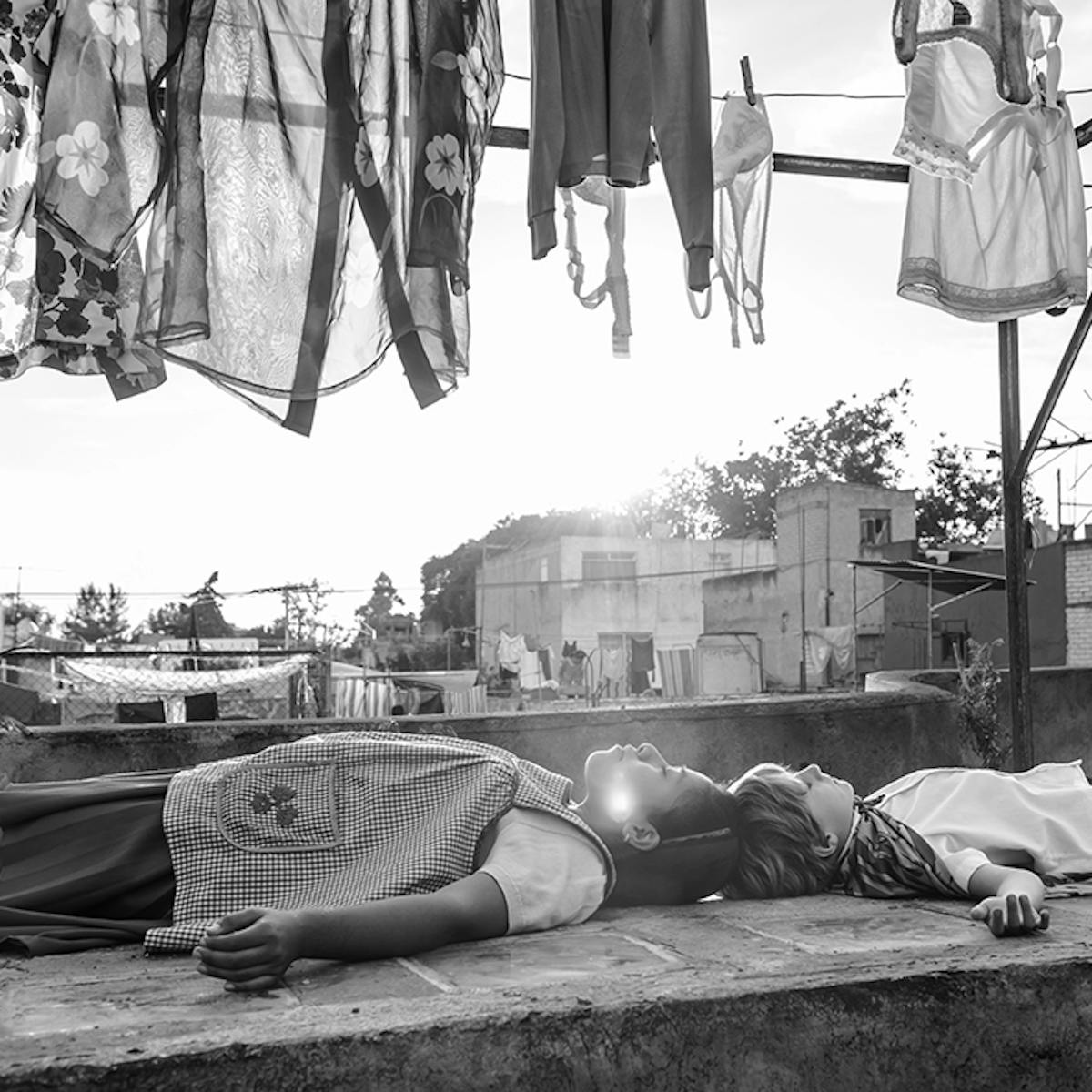The director pushes the limits of Mexican cinema with ¡Que viva México!
Ever since Luis Estrada took Mexico by storm with the release of 1999’s La ley de Herodes (Herod’s Law) — a biting indictment of the government that no one else would have dared to do at the time — the director has consistently pushed the limits of freedom of speech. For the past two decades, government censorship, attempts at bribery, and lack of funding have not stood in the way of his tetralogy of acerbic political satires, each one directed at a specific moment in Mexican history. His most recent release, 2014’s La dictadura perfecta (The Perfect Dictatorship), depicted a country completely run by a television network and openly mocked then-president Enrique Peña Nieto.
No one has walked away unscathed from Estrada’s sharp political wit: from corrupt political parties to businessmen and shady journalists. Now, over 20 years after La ley de Herodes’s eruption, and just before the release of his fifth satire ¡Que viva México! on Netflix, the filmmaker is steadfast in his objective to push the envelope in a country that brags about having more freedom. He is not optimistic about this perceived lack of censorship, but there’s something that, nevertheless, does give him hope: the diversity and resilience of current Mexican cinema, highlighted this month with “Que México se vea.”
This doesn’t mean, of course, that making critical and ambitious films in Mexico, a country with notorious self-censorship and distribution issues, along with a dominating wealthy minority, has become any easier. Here, Estrada speaks with Jessica Oliva about his storied career and his latest film.
Jessica Oliva: When La dictadura perfecta was released in 2014, you said that making movies in Mexico was as hard as it had always been because, over time, you’ve become more ambitious. Where would you place ¡Que viva México! in terms of ambition?
Luis Estrada: I think this might’ve been the toughest one to get made. First, I think it has to do with the reputation I’ve made for myself. Every time I want to start a project or take it to possible investors, they look into it with a magnifying glass to see where the thing is headed. Then, just as I was about ready to begin production, the pandemic hit. I submitted the project to several state-sponsored sources of financing, like EFICINE [a financial stimulus provided by the Mexican government for film production]. I showed it to them three times and I never got it. Luckily, Netflix had been flirting with me to do something together for a few years and the circumstances were right. It really is my biggest, most ambitious movie. It’s a three-hour epic and it’ll be interesting to see what happens with it. I think, once again, it’ll rustle up a bunch of dirt. Probably more than ever.
Your movies always spark conversations about freedom of speech and censorship. When you’re writing a movie like this, what is your relationship with self-censorship? Have you had to overcome personal filters?
LE: The battle to push the limits of freedom of speech has been complicated for a few years now, especially since the aftermath of La ley de Herodes. I’ve always talked about censorship and how it never really goes away — although it would seem that way. I’ve said before that a creator’s worst phantom is self-censorship. I’ve thought a lot about how far to take it, from my own experience and by looking at the effects the movies have had, but I try to leave all taboos aside and not have any forbidden topics. In terms of freedom of speech, I think this film again goes where nobody has dared to go before. I don’t know what the consequences of that will be. I don’t know how the people we refer to will react. It will also be a test to see how much freedom of speech we really have in Mexico.

You’ve mentioned that your movies are like peepholes that allow us to see the vices of power. In broad terms, what realities will ¡Que viva México! reveal for us?
LE: It’s filled with humor, but it’s also an acerbic meditation on several of our institutions. Like my previous films, it speaks of a very precise moment that Mexico is going through. It’s about polarization, intolerance, and this dog-eat-dog mentality. It is, of course, a metaphor, but this time it’s about a family that represents us all.
Which Mexican films have allowed you to see a different perspective or discover new realities in turn?
LE: I’ve been very passionate about learning about Mexican film because I feel I am the product of a long tradition. I feel like my movies connect with several moments in Mexican film history and I have a sort of “holy grail” of directors that, for me, have been very important. My favorite is Fernando de Fuentes, right alongside Luis Buñuel. [de Fuentes’s 1934 film] El compadre Mendoza (Godfather Mendoza), for example, opened up a window for me to discover where our idiosyncrasies come from. Movies like Buñuel’s El ángel exterminador (The Exterminating Angel) (1962) or Los Olvidados (The Young and the Damned) (1950) completely changed me.
In my movies I always reference and wink at those films that have been important to me as an audience member, but also as a citizen. They’ve helped me understand my reality, my country, and its contradictions. That’s why it’s so important to have a Mexican cinema that speaks about our issues, about our worries, and that talks to us about ourselves. Even if it becomes a mirror that sometimes shows us images that are awful.
The roads to production and distribution in Mexico are difficult, particularly without the use of government-sponsored programs. How different was it for you to be working with Netflix this time?
LE: I was constantly wondering what the result of this equation would be. In my other films, I was the producer and, therefore, I oversaw securing the funds to finance them. What made me go in that direction was precisely my interest in maintaining the freedom to say whatever I wanted. My biggest surprise working with Netflix was how respectful they have been of my ideas, my work and what I wanted to say. And in that sense, I am the only one responsible for how it performs and how well or not it’s made.
Mexico is producing more movies than ever before, although a lot of them never get shown in front of an audience. How would you describe Mexican audiences’ relationship to their own cinema?
LE: I would begin by saying that there is no such thing as one “Mexican cinema.” For better or worse, the most relevant aspect of Mexican cinema is its diversity and plurality of subject matter, and its ways of approaching, consuming, and producing films. So I think it’s complicated to talk about one Mexican cinema and one Mexican audience in general terms. There are as many different audiences as there are individuals who watch movies.
But yes, there is a great contradiction between the enormous number of movies getting made and the ones that actually make it to a screen efficiently and with support, whether it’d be from theaters or a streaming platform. I think there’s a huge divide between exhibition, marketing, and production. But within that diversity, there have been a few, but very valuable, spaces created for making a different type of movie for the audience.

As an experienced director with a vast trajectory, how do you approach these new ways of making, producing, financing, and consuming film?
LE: Even though it’s clear that everything is changing, I think the essence of film is still the same. It’s about talking about things that matter to you. It’s about telling a story and doing it in a way that is attractive to the audience, in order for them to purchase a ticket or press play on a platform. Contrary to many of my colleagues, I always have the audience in mind because I still believe movies are a product of popular culture.
Part of what drives me is the opportunity to step into all these dimensions that all great movies occupy, where film is entertainment, but it’s also culture, a communication tool, and a business, which it surely is. And part of this revolution is that people are approaching the amount of content available — as a creator you are put in a position where you must be able to offer something.
What excites you the most about current Mexican film?
LE: That it still exists and that it has all this plurality. That it’s a space where many different perspectives of our reality, and of Mexico itself, can coexist. But also, and this is happening all over the world, the emergence of feminine filmmaking. It’s feminist and militant, and it’s providing a point of view that Mexican filmmaking had always been lacking, and it’s doing some very interesting things.
Mexican cinema has been in a crisis for as long as I can remember, but it has had the strength, nevertheless, to survive.




